Barbie is everything, he’s just Ken, and we are just products of a patriarchal society, at least according to Greta Gerwig’s feminist flick, Barbie. Just seventeen days after its release, the film surpassed Harry Potter and the Deathly Hallows: Part Two to become the fastest Warner Brother’s movie to hit one billion dollars in the box office. The film also awarded Gerwig the title of first solo female director of a billion dollar movie.
From Barbie-Oppenhimer memes to the “You are Kenough” sweatshirts, the perfectly manicured doll has created waves beyond the movie theater, returning the toy to the pop culture spotlight. Dances to “Barbie World” by Ice Spice, Nicki Minaj, and Aqua started going viral on TikTok and Instagram. Content creators criticize unrealistic beauty and body standards for women — set by Barbie herself — with the “Ordinary Barbie” trend, encouraging women to embrace their natural beauty.
The movie follows ‘stereotypical Barbie,’ played by Margot Robbie, as she discovers the complexities of womanhood in a society that is fundamentally geared against women. BarbieLand is a feminist utopia, where the Barbies can be doctors, lawyers, politicians or anything they want to be, and the Kens’ only job is, well, “beach.” Stereotypical Barbie naively assumes that her creation has solved the disparities between men and women in society. However, a sudden existential crisis has rendered Barbie flat-footed, and now she must travel to the Real World to find and help the girl who is playing with her in order to return to her normal life. As Barbie and her perfect counterpart, Ken, played by Ryan Gosling, travel away from this perfect, bubblegum pink wonderland, however, Barbie realizes that the Real World is bleak and still very sexist. As Barbie grapples with her role as a thorn in the side of modern feminism, Ken starts to understand the power men hold in this world and decides to use the patriarchy — and horses — to usurp the Barbies’ matriarchal rule and establish his own “Ken-dom”.
Barbie effortlessly captures the stages of womanhood in the face of a patriarchal society. Initially, all the Barbies are little girls; they are naive and carefree, sheltered from the societal pressure of the real world. Then, the Barbies become teenagers. Stereotypical Barbie starts to feel the societal pressures of the real world. Furthermore, the other Barbies in BarbieLand start to conform to the Kens’ new rule, mirroring how teenage girls often conform to the unrealistic expectations of patriarchal society. When the Barbies start to regain control of BarbieLand from the Kens, they turn into young adults, finally able to break free from societal expectations and fight back.
The Barbie franchise is known for its problematic past in regard to unrealistic beauty standards, a problem the movie has chosen to not only address but to embrace. During the conflict of the movie, stereotypical Barbie meets Sasha, an unapologetically honest teenager who exposes Barbie’s harmful impact on women and society. Although it was comical, and somewhat pitiful, to see a teenage girl bring a grown woman to tears, this direct attack of the concept of Barbie was very intentional. Gerwig isn’t trying to defend or invalidate the harm Barbie has done in the past, but is instead trying to reinvent Barbie as a symbol of feminism.
We cannot, of course, forget about Barbie’s favorite accessory: Ken. Throughout the movie, Ken vies for Barbie’s attention, wondering if he is only destined to “live and die a life of blonde fragility.” Once he discovers the wonders of the patriarchy, he implements the idea in BarbieLand, finally finding a purpose. BarbieLand’s original society was just as detrimental as the Real World’s society; the roles were just reversed. Stereotypical Barbie, for instance, constantly sidelined her Ken. She disregarded Ken’s thoughts and feelings, in a way, mirroring how women are treated in the Real World. Near the end of the film, stereotypical Barbie and Ken have a heart-to-heart, and Barbie realizes the flaws in her seemingly perfect world. The oppression of the Kens allow the film to convey an important idea: feminism is about equality between men and women, not the domination of women over men.
Barbie was able to remain relatively lighthearted even while tackling pretty serious topics. It also prompted a cultural phenomenon that rebranded Barbie as a feminist icon. So throw on your most glamorous pink outfit, invite all your friends to your mojo dojo casa house, and prepare to feel the warm fuzzies of female camaraderie.

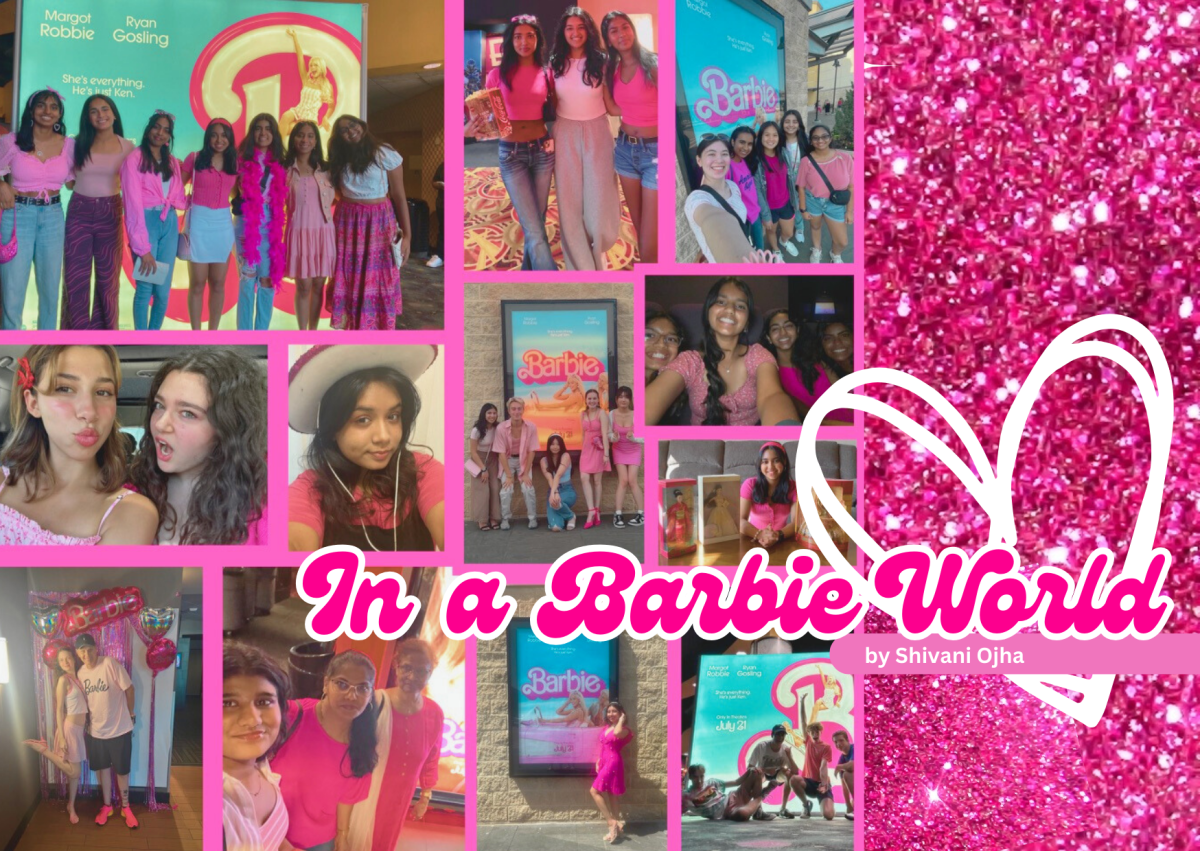
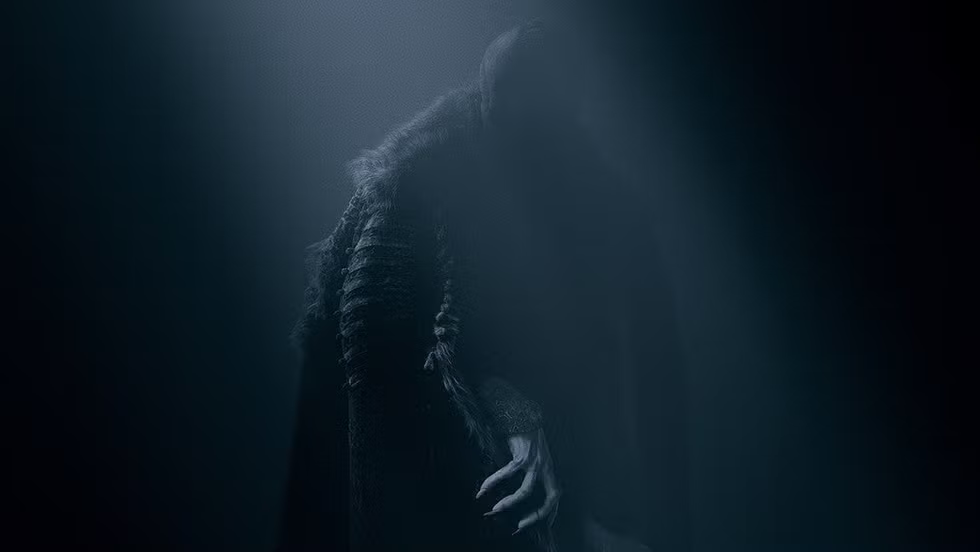
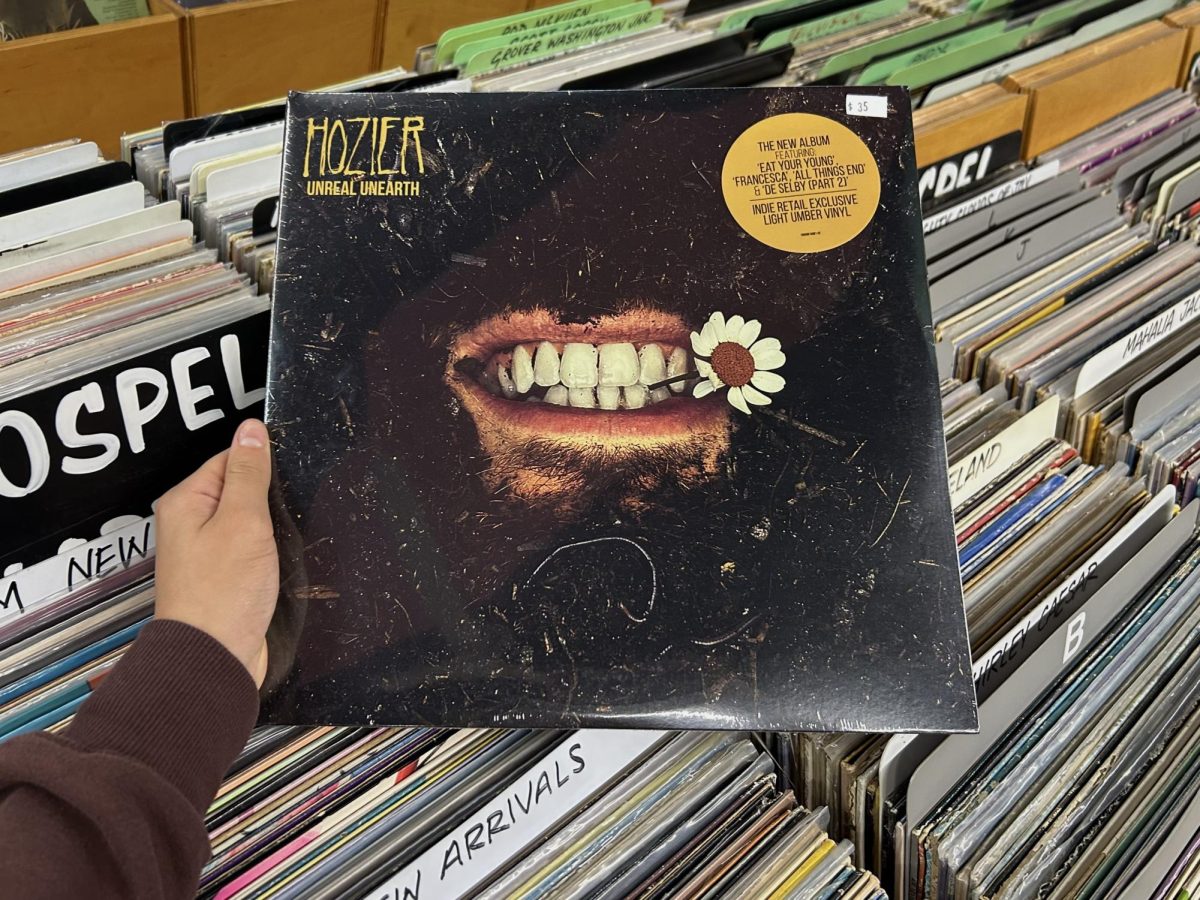
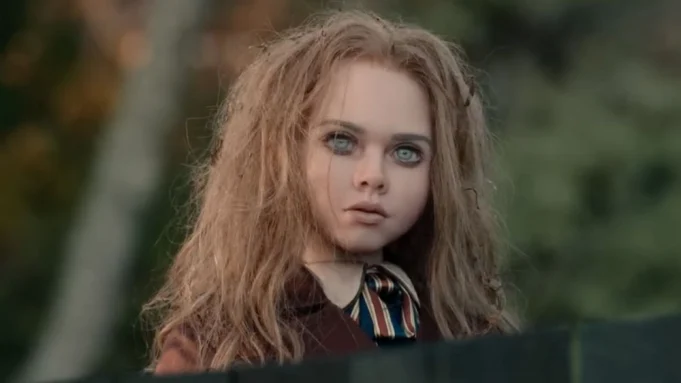
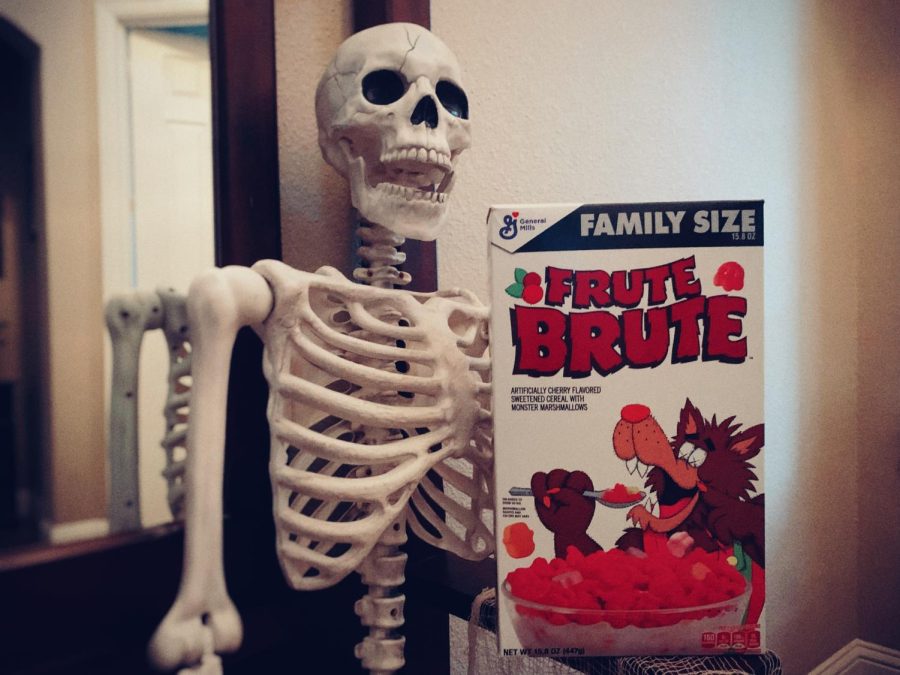

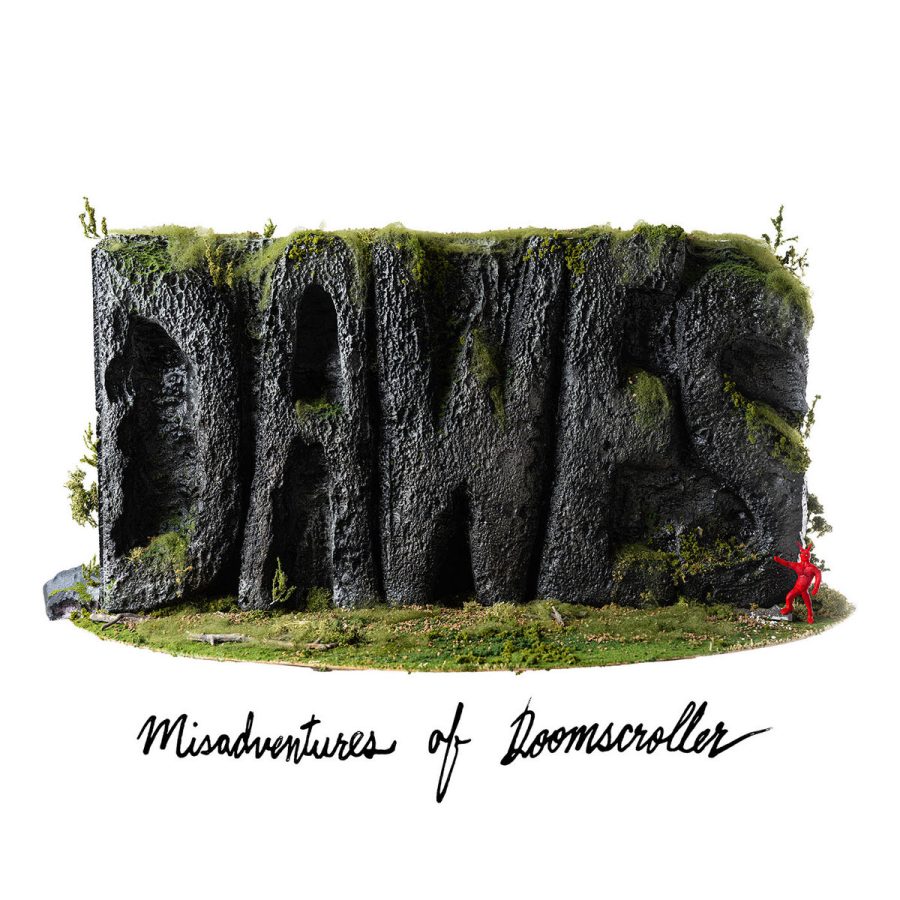
Addie Shankar • Sep 7, 2023 at 2:01 PM
Wonderful article! Thank you for your hard work
Liz Michel • Sep 7, 2023 at 1:59 PM
Everyone in the photos look so cute in their outfits! Especially the group of five in the middle.
Aditya Ojha • Sep 7, 2023 at 1:34 PM
I like the analogy of the Barbies “growing up” from children to young women. Looks like this writer knows their stuff.